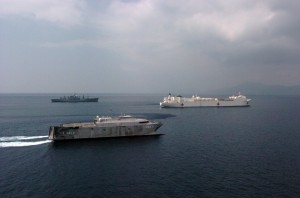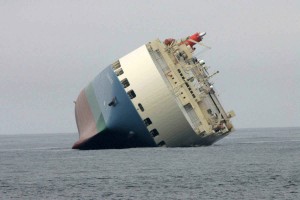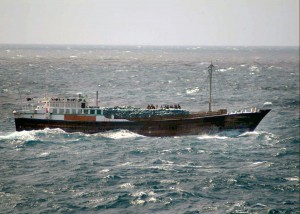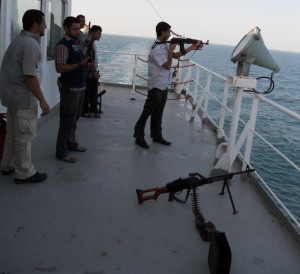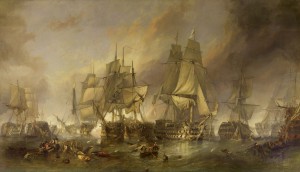Sam Bateman, University of Wollongong
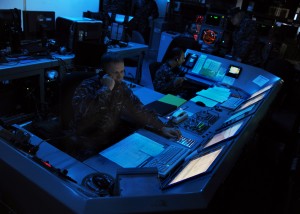 In a recent article in Contemporary Southeast Asia, Sam Bateman makes predictions about how the maritime environment of East Asia might evolve over the next decade. The article identifies three possible scenarios for the future, as well as the risks of a “strategic shock” that could interfere with predictions of the future. The objective is to assess the implications of current strategic trends for managing regional seas and activities within them. The scenarios offer alternative views of how the regional maritime environment might evolve: whether it will be much the same as at present (the status quo scenario); better than at present, more stable and with enhanced maritime cooperation to manage regional seas (the optimistic scenario); or worse than at present with greater instability, more competition, and low levels of maritime cooperation leading to further degradation of the marine environment and declining fish stocks (the pessimistic scenario). The article concludes with an argument that strengthening operational trust between the stakeholders and agencies involved is crucial to avoid the pessimistic scenario and to move the region toward the optimist scenario.
In a recent article in Contemporary Southeast Asia, Sam Bateman makes predictions about how the maritime environment of East Asia might evolve over the next decade. The article identifies three possible scenarios for the future, as well as the risks of a “strategic shock” that could interfere with predictions of the future. The objective is to assess the implications of current strategic trends for managing regional seas and activities within them. The scenarios offer alternative views of how the regional maritime environment might evolve: whether it will be much the same as at present (the status quo scenario); better than at present, more stable and with enhanced maritime cooperation to manage regional seas (the optimistic scenario); or worse than at present with greater instability, more competition, and low levels of maritime cooperation leading to further degradation of the marine environment and declining fish stocks (the pessimistic scenario). The article concludes with an argument that strengthening operational trust between the stakeholders and agencies involved is crucial to avoid the pessimistic scenario and to move the region toward the optimist scenario.

